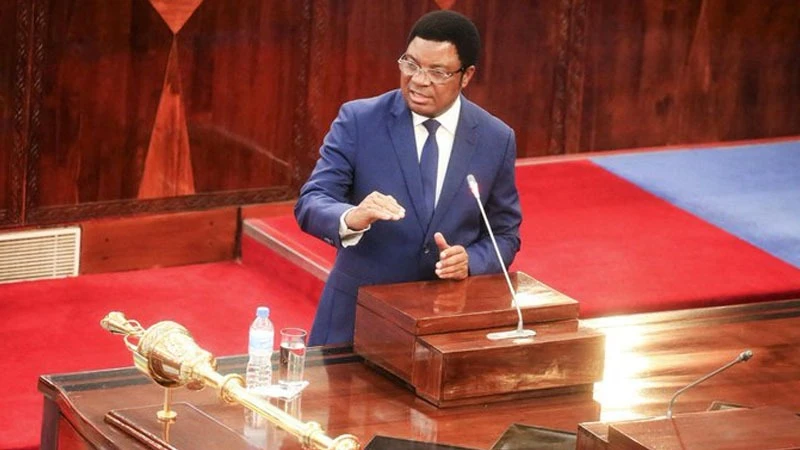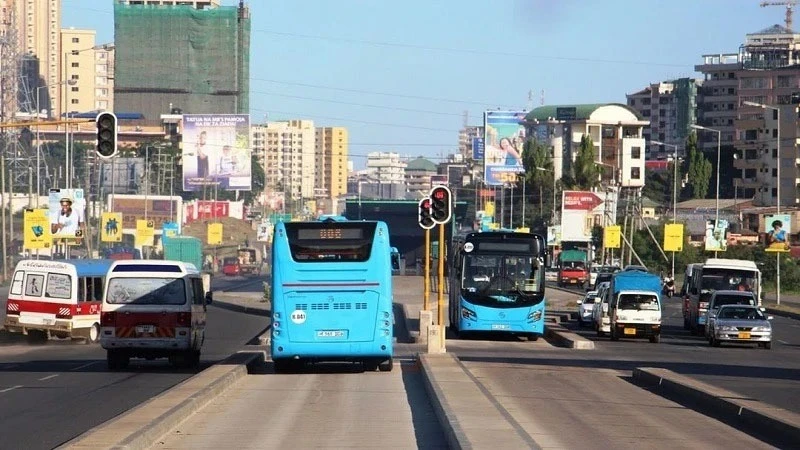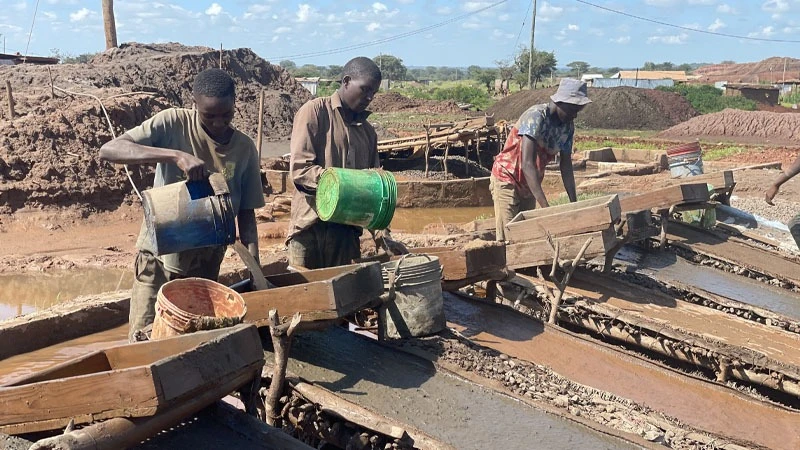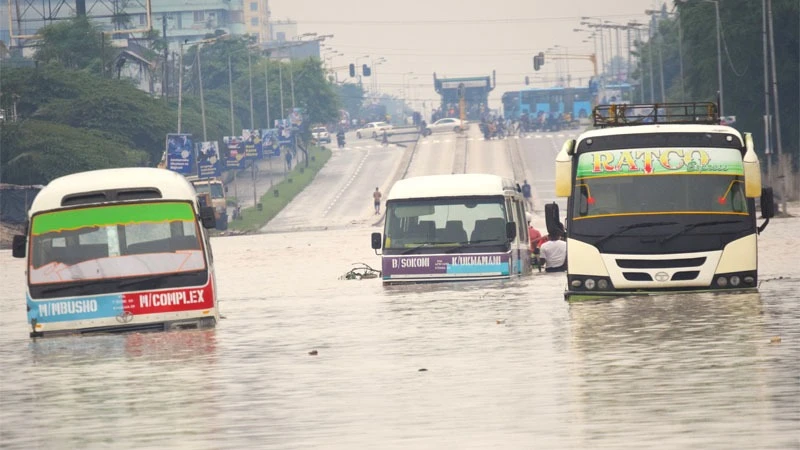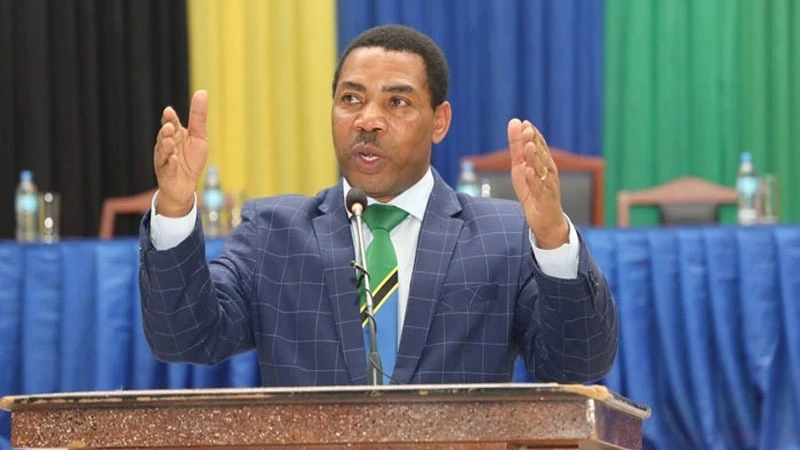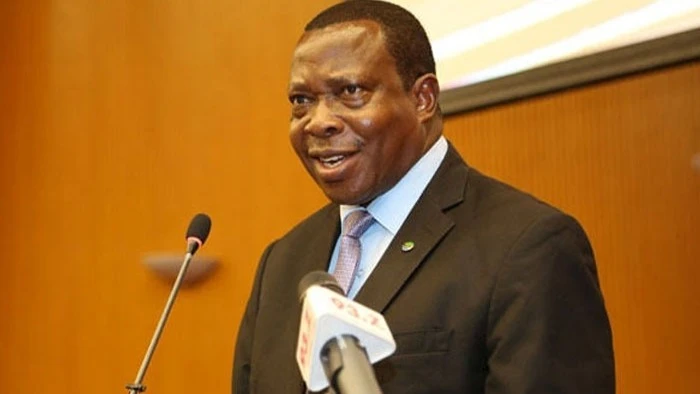Not certain that Africa needs space technology to ‘spur’ development
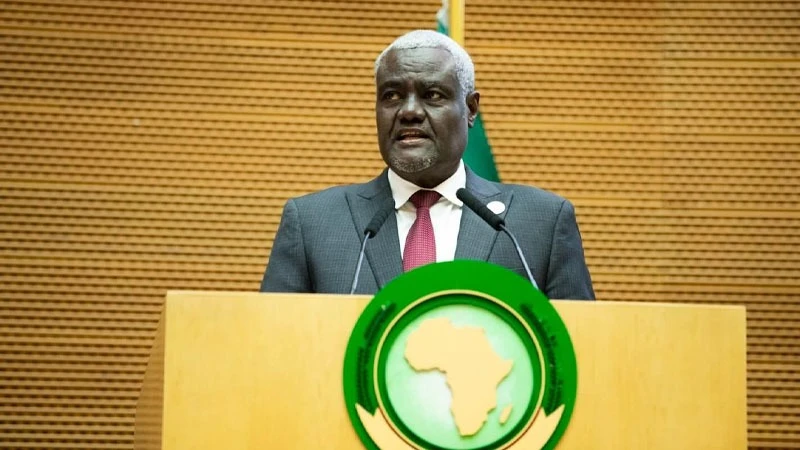
THERE are plans being mooted in the African Union for the setting up of an African Space Agency (AfSA) in the hope that technology of this sort will help to spur not economic growth but development.
The difference in the usage is not accidental, as it shows the difficulties the various project designers faced in linking it with an economic lever as a special dynamic. It is a dream of experts wishing for a magic wand on development, not rules of credit to land holding.
A top official of the African Union Commission said lately that the AU space policy mandates the creation of an African space agency, now likely to be based in the Egyptian capital of Cairo.
This agency is in addition to individual countries launching own satellites by using existing facilities for instance in the United States but a host of other countries can provide launching facilities, while the satellites can be purchased or manufactured on order like aeroplanes. An African space agency could thus be related to localising space research, etc.
The official suggested that due to technological advancements, the benefits in areas such as earth observation, navigation and connectivity are becoming obvious to everybody, which a number of news agencies placed in quotation marks, implying that it needs to be verified.
Space observation is helpful only with a prepared environment where climatic opportunities can he put to good use, for instance someone learning that huge floods were likely on the Nyerere hydropower project feeding rivers. He would then prepare to buy up land in the area, but if the policy setting is different, authorities scream at residents to leave.
The AU expert was closer to reality when he referred to the miniaturization of satellites which lessens their cost, which quickly shows that there are areas where we can easily use such facilities. One is geological mapping and other geo-positioning needs whether it is companies tracking the movement of long haul vehicles or other. The dispute comes up in space research per se, to Africa.
The official said that with interest in space science and technology in African countries growing stronger, more countries are investing in space via bilateral agreements.
There may be exceptions like in the days when people were talking about an African atomic bomb, or in the low level; diplomatic dispute about an African veto in the UN Security Council, as outlandish concerns having little to do with development as such. The peaceful use of space resources is a fairly outlandish matter when Africa can’t feed itself by its land, educate all children.
Again it is uncertain how far satellite launching and its ties with space technology can be operated on an African Union framework, as there is plenty that has to do with security issues, and that can’t be compromised.
The AU space facility can strike agreements with foreign companies or state agencies fir work that involves doing one or other space-related work in Africa and definitely they will get the right licences from regulatory agencies. They would even set up local units with relevant research organizations or academic institutions depending on their line of interest. It is a useful auxiliary, to be fair.
Top Headlines
© 2024 IPPMEDIA.COM. ALL RIGHTS RESERVED






